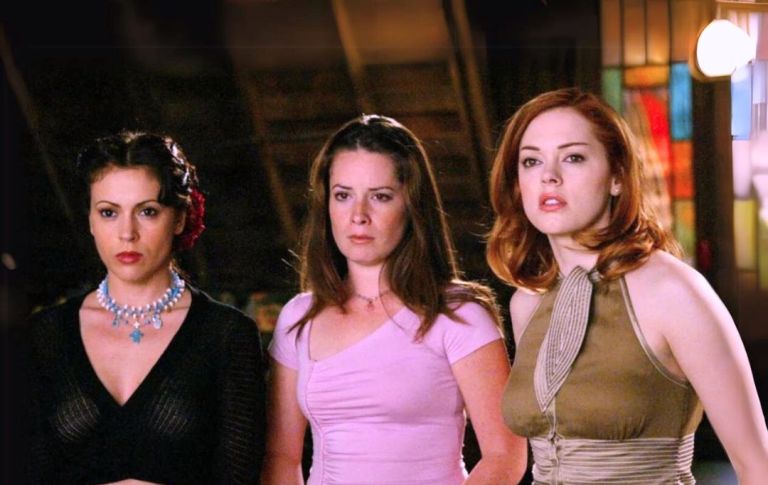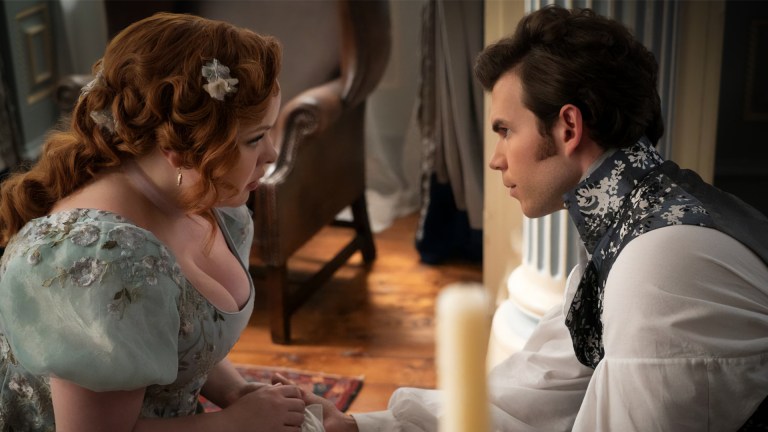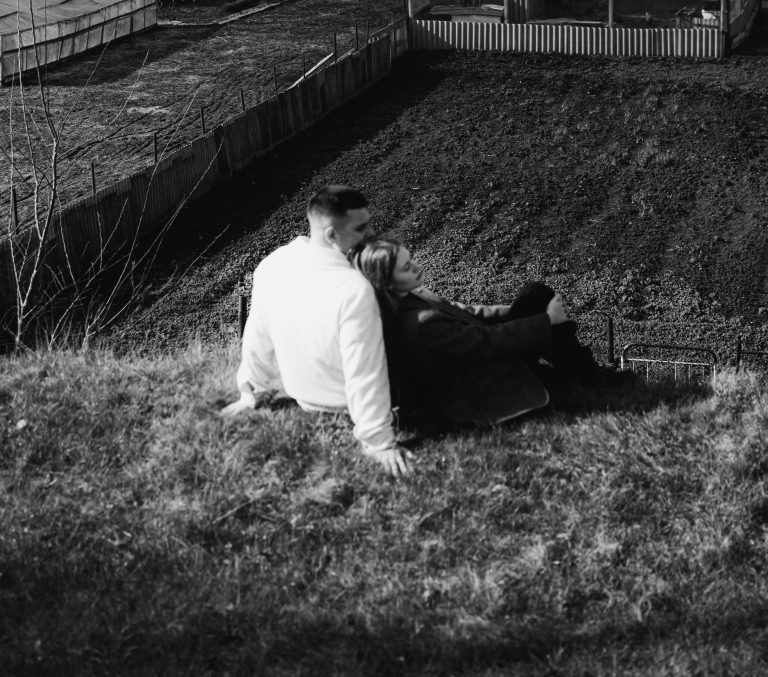
The Top 3 Vulnerabilities That Can Ruin Healthy Relationships
Couples who last together accept each other “as is” and take responsibility for each other’s care. Baggage and all.
By ![]() Kyle Benson
Kyle Benson

All couples come to experience the raw buttons of their partner. Happy couples understand each other’s imperfections and enduring vulnerabilities, while unhappy couples use these enduring vulnerabilities as fire power in the heat of a battle. Instead of holding hands, they point fingers.
Pushing Each Other’s Raw Buttons
Steven and Ruth met while traveling through Brazil five years ago. Both are in their late thirties, and both had a difficult childhood.
Steven was abandoned by his father at the age of 6. He felt like a burden because his mom constantly stressed about money and his childhood expenses.
Ruth’s mother divorced her dad and moved 400 miles away. Because Ruth’s father was a workaholic, she spent most of her time at her dad’s girlfriend’s house. His girlfriend often shut her in the basement because she “needed silence.”
As a couple, they travel to faraway lands. Yet these exotic trips are full of conflict.
Assuming Steven would wait by the dock, she wandered off to get some fresh coconuts to drink. After 7 minutes of waiting, Steven’s mind went into panic mode. He freaked out and ran down the streets looking for her.
When he saw her walking towards the dock, he was enraged.
“Where did you go?”
She looked at him with big eyes as if to say, can’t you see? There are two coconuts in my hands…
“What’s wrong with you?”.
“I had no clue where you went to!” Steven shouts. “What were you thinking? The boat is about to leave?”
Ruth doesn’t respond. She thrusts a coconut in his arms, grabs her bags, and sits on the boat alone. Steven feels upset that Ruth is ignoring him. Like she doesn’t recognize that he’s stressed out.
He remains there, stewing for the duration of the ride. When they arrive at the dock, the tension has vanished over the waves, but the underlying issues was never discussed or resolved. The issue lurks below the surface like a shark, eagerly waiting to attack in the next conflict.
What Are 3 Things That Hurt Your Partner?
Every individual has a handful of issues that breaks us down. These issues often originate in our childhood and are carried into our adult relationships.
The essence of our issues can typically be placed under three things that cut to the heart of our insecurities.
Attachment type: Anxious (Needy)
- Fear of abandonment
- Separation distress (if alone for too long without connection)
- Fear of being a burden
Attachment type: Avoidant (Independent)
- Feeling trapped and out of control
- Fear of being too close (leads to rejection)
- Fear of being blamed
Oblivious To The Insecurities of Love
Steven’s insecurities cause him to believe:
Steven and Ruth are oblivious to each other’s insecurities and how they’re slowly being pushed apart. They are unaware that their shared childhood abandonment is bleeding through their connection.
- He is a burden that becomes his partner’s problem
- His partner struggles to trust him
- His partner would leave him at any time without a care in the world
Ruth’s insecurities cause her to believe:
- She has to do everything alone
- Everyone is unreliable and she can’t count on her partner
- Other people’s expression of emotion is overwhelming and childish
As you can see, the boating incident shows how successful they are at pushing each other’s buttons. They did nothing to relieve the other’s distress.
Ruth was insensitive to Steven’s fear of abandonment by not telling him where she was going, and she was shocked at his anger. Steven was insensitive to her withdrawal when he was upset. He was unprepared to make amends when he found her.
I don’t think Steven and Ruth intentionally wanted to hurt each other. But their lack of expertise on each other caused them to both be in the dark about each other’s vulnerabilities as they floundered in hostile emotional territory.
They both remain helpless to each other and they both struggle to repair the situation, ruining their relationship one misunderstood moment at a time.
Happy Couples & Vulnerabilities
Learning new ways of loving that create healthy relationships requires more than just a mindset shift or the latest relationship tools. It requires healing your attachment brain through healthy connection with others. Doing this requires vulnerability, personal growth, and acceptance that your partner and you are dependent on each other.
If we choose to enter into a relationship, we are choosing to accept all of our partner’s history and baggage. Imagine if your partner took responsibility for your past injuries received by the hands of people they’ve never met and were consciously sensitive around these delicate topics.
How would you feel if your partner did that for you?
Amazing and loved, right?
Love is a conscious choice made every damn day that says, “I’m here for you through everything. I’m even here through the shit that has hurt you in the past and still hurts you today.”
Couples who last together accept each other “as is” and take responsibility for each other’s care. Baggage and all. When their partner becomes distressed they can relieve it. When their partner is joyful, they amplify it. When their partner needs space, they understand and have a mutual plan to reconnect. I have found in my practice that this kind of detail, love, and connection feels like a superpower.
And yes sometimes our partners are a real pain in the ass. After all, we are too, sometimes. Your role of the being your partner’s lover requires you to care for them, even when they are a pain in the ass.
Love requires courage. The courage to be vulnerable and stay open to our feelings even in conflict, even when we are hurt and angry. Love bids us to stand connected with our lover, rather than shutting down emotionally, even when it is difficult to do so.
The only way to love and become experts on each other is to mutually work together to understand one another.
As couples do this, conflicts stop being about who is winning and who is losing. Instead conflicts become a catalyst for closeness that creates a win-win for both partners.
Becoming an expert on your partner requires you to be an expert on yourself. Before working to recognize your partner’s top three vulnerabilities, I require clients to understand their own vulnerabilities. As part of my Passionate Relationship Toolkit, I added a new workbook called The 3 Vulnerabilities of Love. It’s completely free for subscribers.
Before your partner and you get in another fight, do this exercise. It will transform how you fight for love of your life. ![]()











